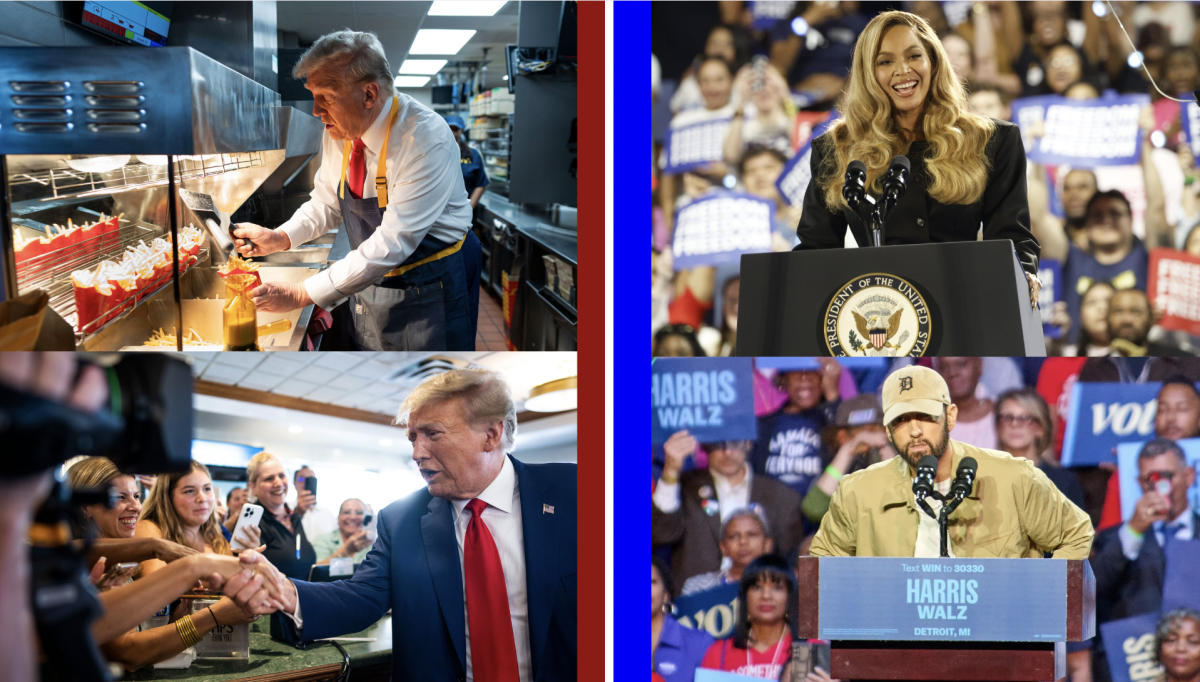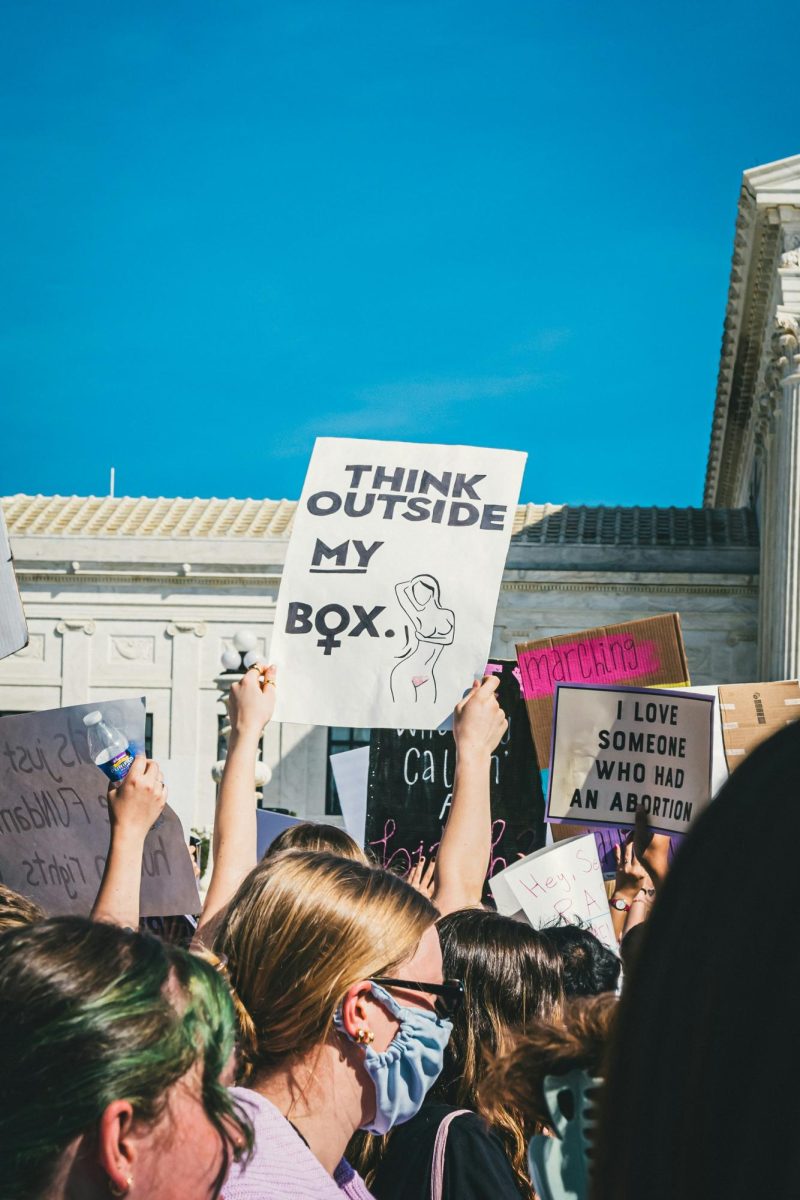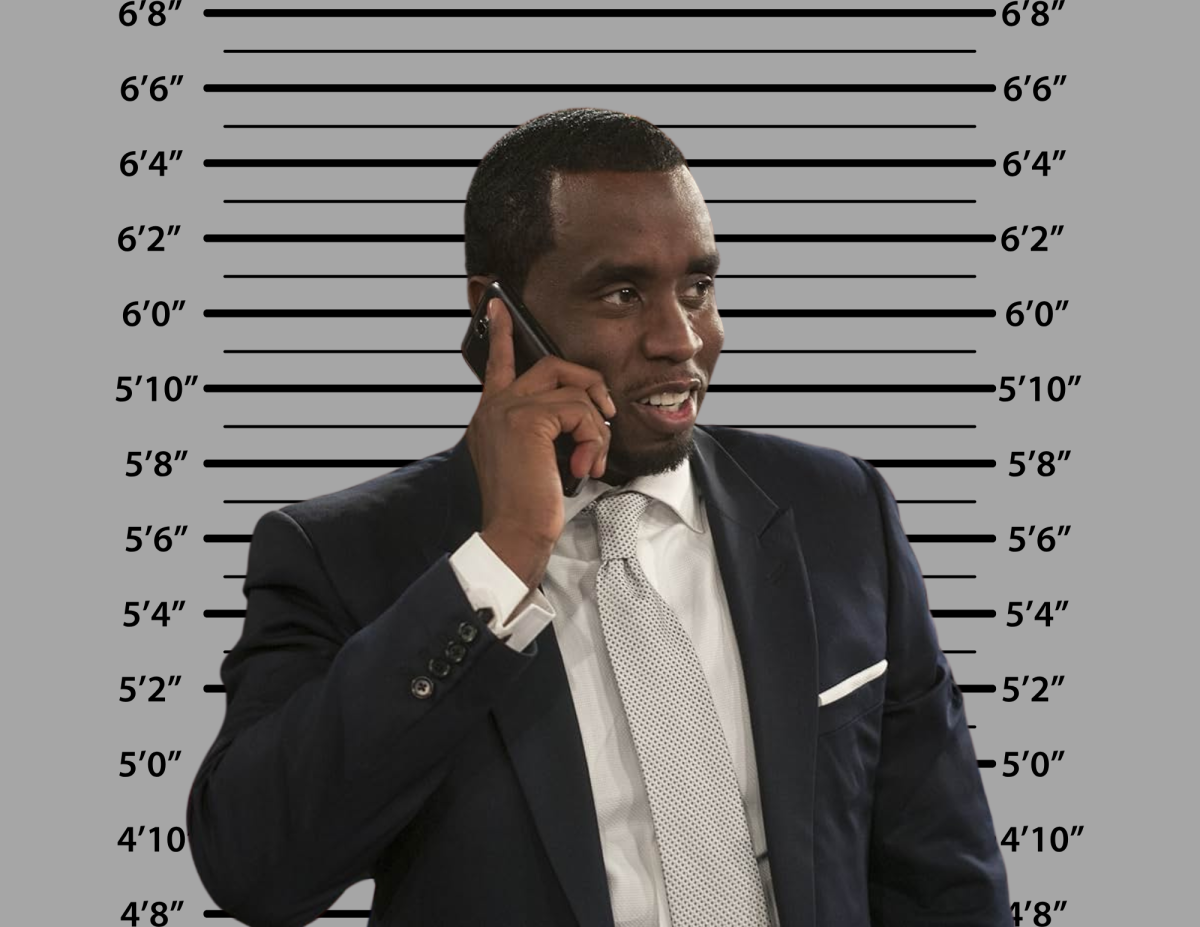
Correction: We gave incorrect songwriting credits to Bob Marley for “Don’t Worry, Be Happy.” Bobby McFerrin wrote the song.
By Akira Morris
In the midst of today’s fast-paced society, it seems that we have lost touch with the wisdom of Bob Marley’s music.
By living in an era dominated by 24-hour news cycles and social media, it’s easy to lose sight of the important messages conveyed by Marley. His lyrics, which are filled with ideas of justice, equality, and hope, provide direction in a world that is frequently clouded by conflict and division.
I can’t help but believe that, amid the chaos of modern society, Marley’s message of love, peace, and unity is being overlooked and forgotten.
The recent release of Paramount Pictures’ film “Bob Marley: One Love” served as a reminder of the forever importance of Marley’s message.The film was set in the 1970s when Marley began receiving fame. During this time his home country Jamaica was experiencing extreme political disputes as the political powers switched between the dominant parties. While Marley lived through this political dispute he saw it as a way to bring the people of Jamaica together through his music.
He created songs such as “Don’t Worry, Be Happy” and “One Love” which expressed the idea of loving life and being happy and content with it.
On April 22, 1978, Bob Marley performed his famous “One Love” concert at the National Stadium in Kingston, Jamaica. During the concert, Marley united the nation by bringing together Prime Minister Michael Manley and Opposition Leader Edward Seaga and encouraged them to shake hands, promoting peace and unity among the Jamaican people.
Since Marley toured several countries to perform his music, he successfully united the people from Jamaica and throughout the world.
As I listen to Marley’s music I am struck by his lasting relevance to the problems we face today. His music provides a sense of comfort and inspiration, regardless of the personal challenges we face on a daily basis or the political conflicts that consume our nations worldwide.
I can’t help but wonder what Marley would think about the current state of the world. Would he be disappointed by the slow pace of progress toward peace and equality? Or would he inspire us with his words, calling on us to rise above and use love as a catalyst for a brighter future?
No matter what the answer may be, it is undeniable that Bob Marley’s message has grown increasingly significant in today’s society.
I believe that we should revisit Bob Marley’s music and its timeless messages. Embrace his call for love, harmony, and solidarity. Together, we can strive to realize his dream of a brighter future. After all, as Marley once said, “One love, one heart, let’s get together and feel alright.”




